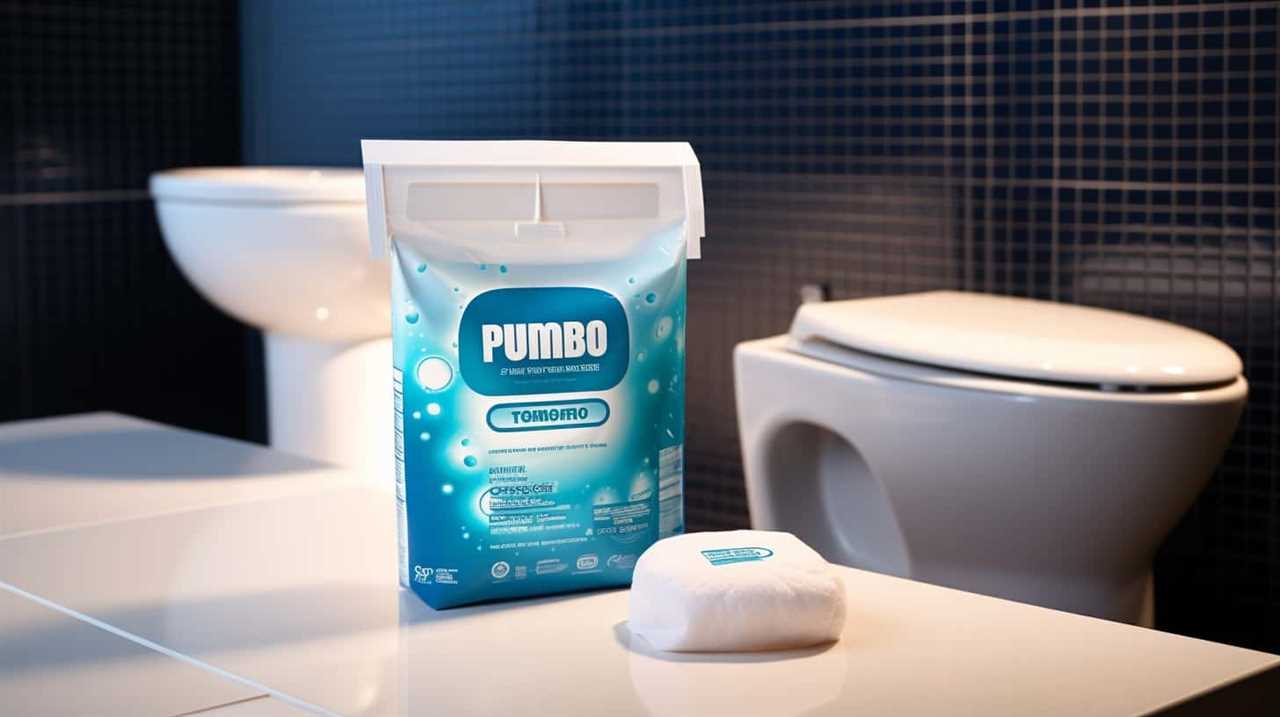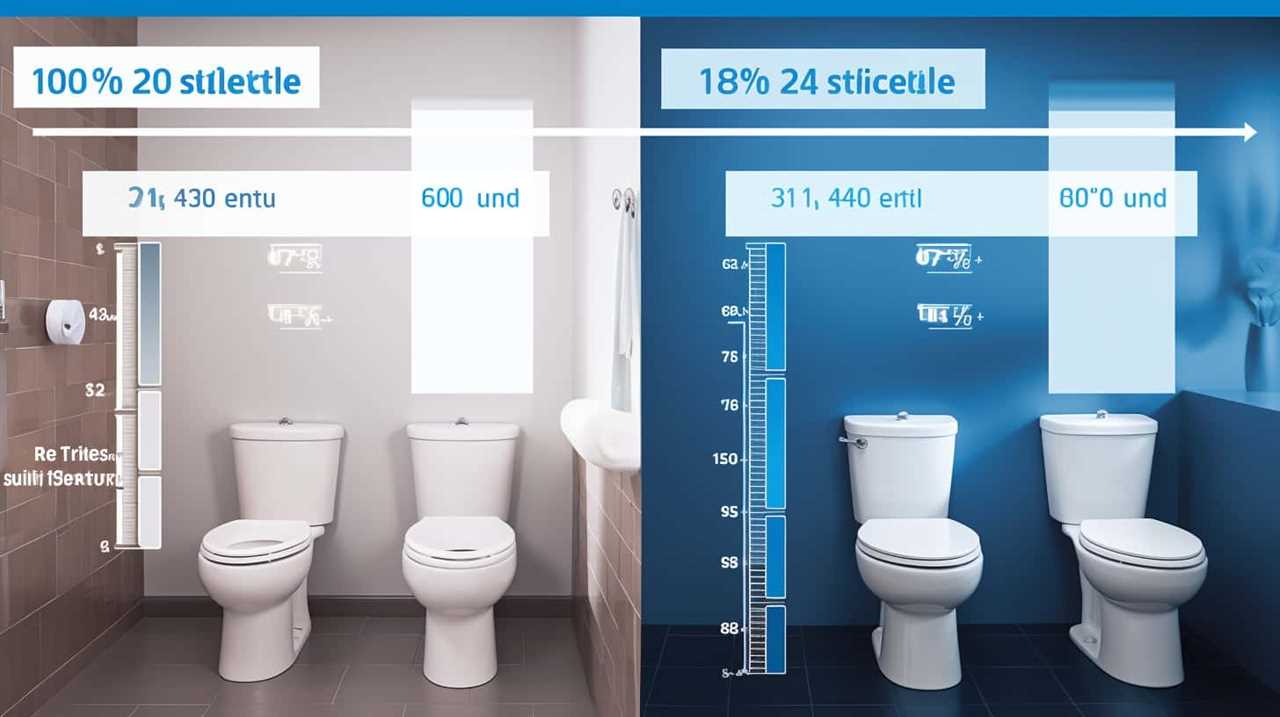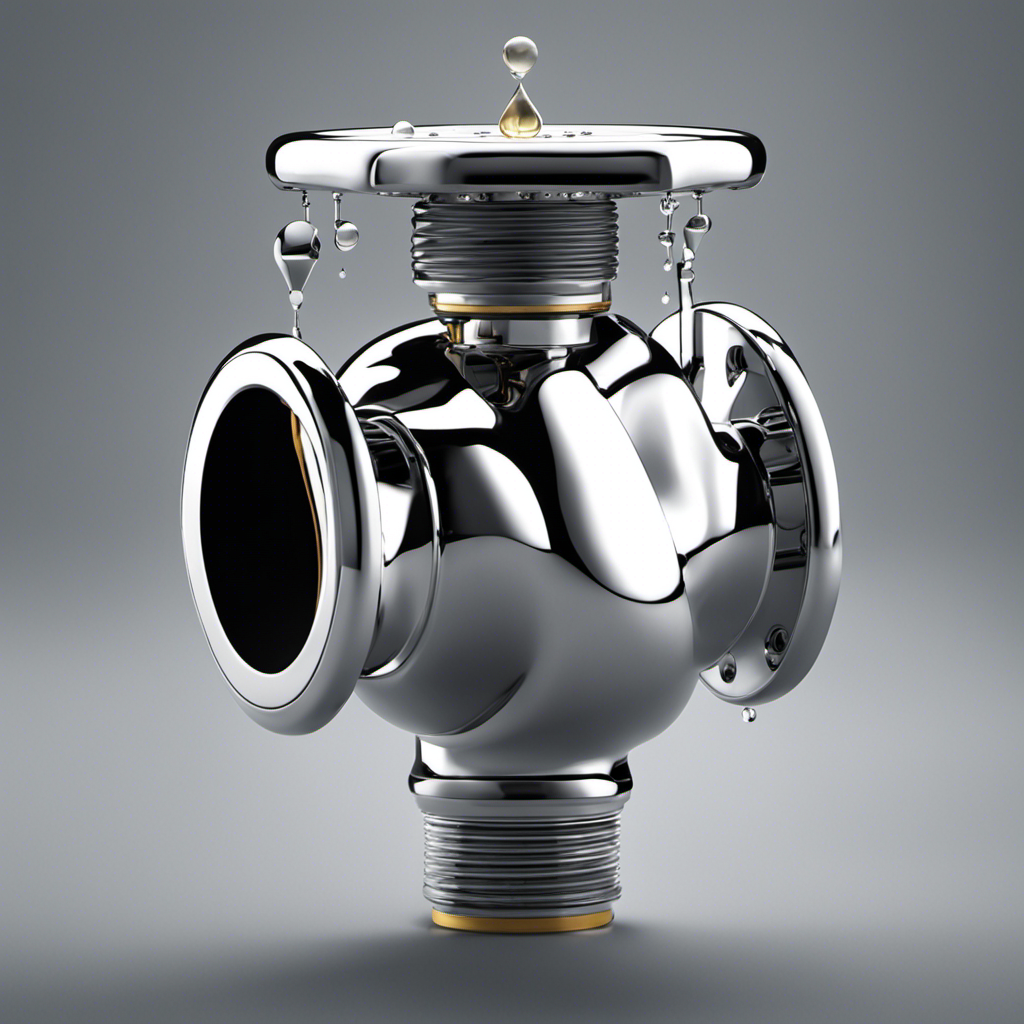Are you tired of tiptoeing around your septic tank, afraid to use the wrong cleaners and risk a costly disaster? Well, fear no more! We’ve got the answers you seek.
In this article, we’ll explore a range of cleaners suitable for septic tanks. From natural options to enzyme-based wonders, we’ve got you covered.
So, sit back, relax, and let us guide you on your journey to septic tank cleaning mastery.
Key Takeaways
- Natural cleaners like vinegar, baking soda, lemon juice, and enzyme-based cleaners are safe and effective options for cleaning septic tanks.
- Using natural cleaners avoids introducing harmful chemicals into the septic system and minimizes environmental impact.
- Enzyme-based cleaners break down organic matter, prolong the lifespan of the septic system, and reduce the need for repairs.
- Septic-safe disinfectants like hydrogen peroxide, vinegar, citrus-based cleaners, and certain essential oils can maintain a germ-free environment without harming the septic system.
Natural Cleaners
When maintaining a septic tank, we recommend using natural cleaners to ensure its optimal performance. Green cleaning alternatives and non-toxic cleaning options are ideal choices for those who want to keep their septic systems in good condition while minimizing environmental impact.

Natural cleaners, such as vinegar, baking soda, and lemon juice, are effective in removing grime and odors without harming the delicate balance of bacteria in the septic tank. These cleaners are readily available, affordable, and safe to use.
By opting for natural cleaners, you can avoid introducing harmful chemicals into your septic system, which can disrupt the natural breakdown process of waste.
In the next section, we’ll discuss the benefits of using enzyme-based cleaners for septic tank maintenance.
Enzyme-Based Cleaners
To continue maintaining our septic tank, we can explore the benefits of using enzyme-based cleaners.

Enzyme-based cleaners are a popular choice for household cleaning and septic system maintenance due to their effectiveness and septic-safe properties. These cleaners contain natural enzymes that break down organic matter, such as grease, food particles, and other waste, into smaller, more manageable components.
By doing so, they help prevent clogs and build-up in the septic system, prolonging its lifespan and reducing the need for costly repairs.
Enzyme-based cleaners are also environmentally friendly, as they don’t contain harsh chemicals that can harm the septic system or the surrounding ecosystem.
When choosing an enzyme-based cleaner, look for products specifically designed for septic systems and follow the instructions carefully to ensure optimal performance.

Septic-Safe Disinfectants
Now let’s explore septic-safe disinfectants, which are another essential cleaning option for maintaining our septic tank.
When it comes to choosing septic safe cleaning products and septic friendly sanitizers, there are a few key factors to consider. Here are some options to keep in mind:
- Hydrogen peroxide: This powerful disinfectant can effectively kill germs without harming the delicate balance of bacteria in your septic tank.
- Vinegar: A natural and safe option, vinegar can be used as a disinfectant and deodorizer. It helps maintain a healthy septic system by not disrupting the bacterial activity.
- Citrus-based cleaners: These cleaners aren’t only effective in killing bacteria, but they’re also gentle on your septic system. Look for products that are made from natural citrus extracts.
- Essential oils: Some essential oils, such as tea tree oil and lavender oil, have antimicrobial properties and can be used as septic-safe disinfectants.
DIY Cleaning Solutions
Continuing our exploration of septic-safe cleaning options, let’s delve into the realm of DIY cleaning solutions.
When it comes to homemade recipes, vinegar and baking soda are two powerful ingredients that can effectively clean various surfaces without harming your septic tank.

Vinegar is known for its acidity, which makes it an excellent natural disinfectant and deodorizer. It can be used to clean countertops, windows, and bathroom fixtures.
Baking soda, on the other hand, is a gentle abrasive that can remove stains and odors. It can be mixed with water to form a paste and used to scrub sinks, tubs, and toilets.
When combined, vinegar and baking soda create a fizzing reaction that can help remove stubborn stains and unclog drains.
These DIY solutions aren’t only septic-safe but also cost-effective and environmentally friendly.

Eco-Friendly Cleaning Products
Let’s now explore eco-friendly cleaning products for septic tanks. When it comes to maintaining a septic tank, using green cleaning and sustainable cleaning products is crucial to ensure the longevity and effectiveness of the system.
Here are some eco-friendly options to consider:
- Biodegradable cleaning solutions: These products are formulated using natural ingredients that break down easily, minimizing the impact on the septic system.
- Enzyme-based cleaners: Enzyme cleaners contain bacteria and enzymes that help break down organic matter in the septic tank, promoting efficient waste decomposition.
- Vinegar: Vinegar is a versatile and affordable option for cleaning. It’s effective in removing stains, eliminating odors, and killing bacteria without harming the septic system.
- Baking soda: Baking soda is a gentle yet effective cleaner that can be used for various purposes. It helps eliminate odors and can be used as a scrubbing agent for surfaces.
Frequently Asked Questions
Can I Use Bleach to Clean My Septic Tank?
We don’t recommend using bleach to clean a septic tank. Instead, consider using bleach alternatives or septic safe cleaning products. These options are better for maintaining the health and functionality of your septic system.
Are There Any Natural Cleaners That Can Help Maintain the Health of My Septic Tank?
There are natural cleaners available for septic tanks. They have pros and cons compared to chemical cleaners. It is important to consider the impact on the tank’s health before choosing a cleaner.

How Do Enzyme-Based Cleaners Work in a Septic Tank?
When considering the right enzyme-based cleaner for your septic tank, understanding how they work is crucial. These cleaners contain specialized enzymes that break down waste and help maintain a healthy septic system.
Can I Use Vinegar as a Disinfectant in My Septic System?
Vinegar is safe for septic tanks and can be used as a disinfectant. However, it is not a strong cleaner and may not effectively remove tough stains. Enzyme-based cleaners are more effective for septic systems.
What Are Some Eco-Friendly Alternatives to Traditional Cleaning Products That Are Safe for Septic Tanks?
We’ve researched eco-friendly cleaning alternatives that are septic safe. These products provide effective cleaning without harming your septic tank. Start by exploring natural ingredients such as baking soda, lemon juice, and hydrogen peroxide.
Conclusion
In conclusion, when it comes to cleaning products for septic tanks, it’s important to prioritize natural and enzyme-based cleaners. These options aren’t only environmentally friendly but also help maintain the delicate balance of bacteria in the septic system.

Additionally, using septic-safe disinfectants and DIY cleaning solutions can further minimize any potential harm to the septic tank.
By opting for eco-friendly cleaning products, you can ensure the longevity and efficiency of your septic system, keeping it running smoothly for years to come.
Remember, a septic tank is like a delicate ecosystem that requires gentle care and maintenance.










